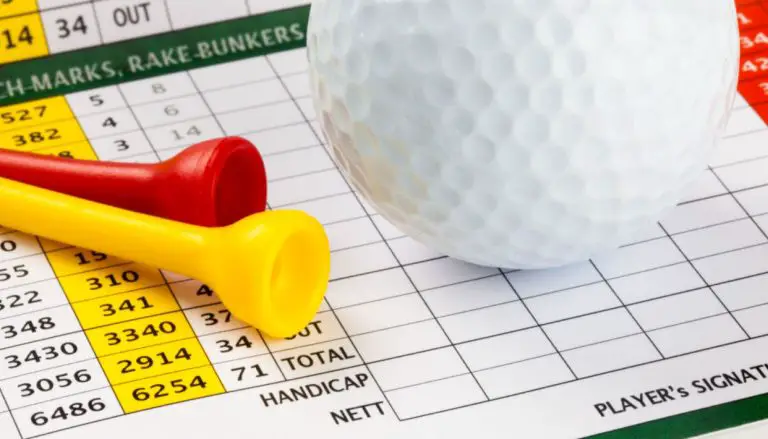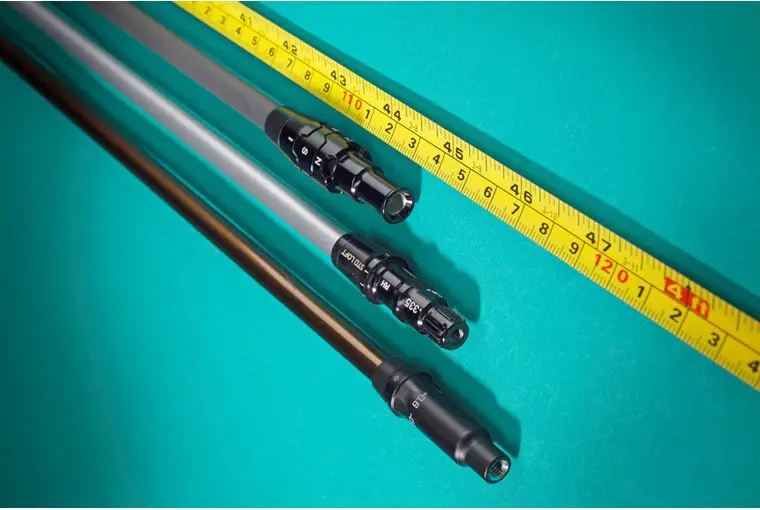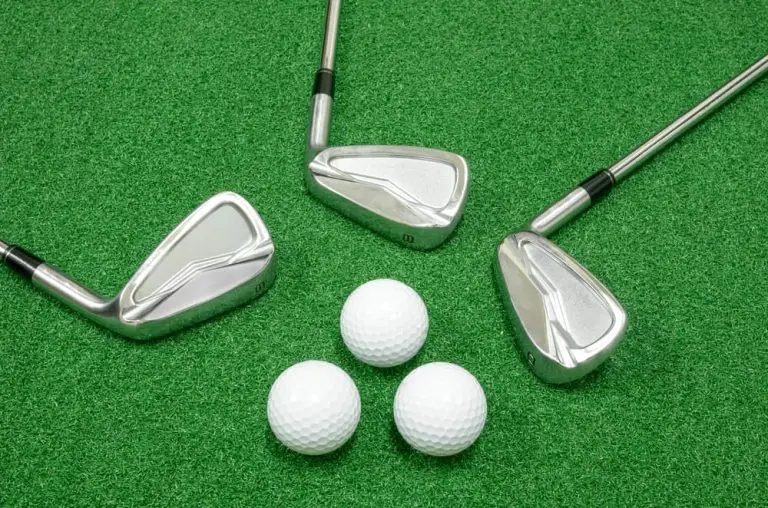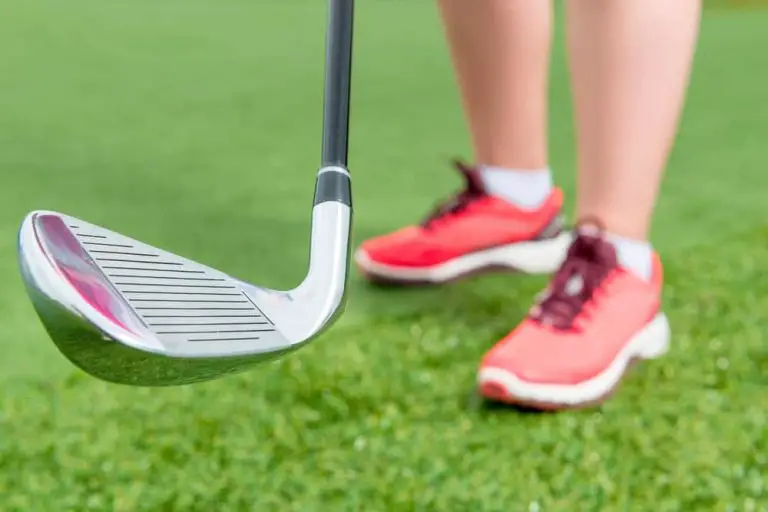Average Golf Score for an Average Golfer
Golf is a game of precision and strategy, and as a golfer, one of the most important things to understand is your average golf score. Knowing your average golf score is crucial for assessing your performance on the course and identifying areas for improvement. Whether you’re a beginner or an experienced golfer, understanding your average golf score can help you set realistic goals and improve your game.
However, determining what an average golf score is can be challenging, as it varies depending on a variety of factors, such as age, gender, and skill level. In this guide, we will explore the factors that affect golf score and provide an overview of the average golf scores for different groups of golfers, including men, women, and recreational players.
We will also provide tips and techniques for improving your golf score, such as improving your driving accuracy, hitting more greens in regulation, improving your putting, and enhancing your bunker play and short game. Additionally, we will discuss the equipment that can help you improve your golf score, such as golf clubs, golf balls, and golf training aids.
By the end of this guide, you will have a better understanding of what an average golf score is for different groups of golfers and how to improve your score to become a more successful and accomplished golfer.

Factors Affecting Golf Score
Several factors can impact your golf score, including driving accuracy, greens in regulation, putting, bunker play, and short game. Let’s take a closer look at each of these factors:
Driving Accuracy
Driving accuracy refers to the ability to hit the fairway off the tee. Inaccurate drives can result in penalties, making it difficult to score well.
Greens in Regulation
Greens in regulation refers to hitting the ball onto the green in the appropriate number of shots. This factor is critical for scoring well, as it can impact the number of putts needed to complete the hole.
Putting
Putting is one of the most critical aspects of the game, as it can account for over 40% of the total shots taken in a round of golf. Poor putting can result in missed opportunities to score well.
Bunker Play
Bunker play refers to the ability to hit the ball out of a sand trap. This factor can significantly impact the number of strokes needed to complete the hole.
Short Game
Short game refers to shots played from within 100 yards of the green. A strong short game can help you save strokes and score well.
Average Golf Score for an Average Golfer
The average golf score varies depending on the level of play, gender, and age. Let’s take a closer look at the average golf scores for different groups:
Men’s Average Golf Score
According to the United States Golf Association (USGA), the average golf score for male amateur golfers is around 96. However, this score can vary significantly depending on the golfer’s skill level and age.
Women’s Average Golf Score
According to the Ladies Professional Golf Association (LPGA), the average golf score for female amateur golfers is around 115. However, this score can vary depending on the golfer’s skill level and age.
Recreational Golfers Average Golf Score
For recreational golfers, the average golf score can vary significantly based on several factors, including age, skill level, and frequency of play.
How to Improve Golf Score
Improving your golf score requires practice, dedication, and an understanding of the game’s key factors. Here are some tips for improving your golf score:
Improving Driving Accuracy
Improving your driving accuracy can help you avoid penalties and set yourself up for a successful approach shot. Here are some tips for improving your driving accuracy:
- Practice your swing and focus on hitting the ball straight and consistently.
- Use a club that you are comfortable with and can hit consistently.
- Focus on your setup and alignment before each shot.
Improving Greens in Regulation
Hitting more greens in regulation can help you set up more opportunities for birdies and pars. Here are some tips for improving your greens in regulation:
- Choose the right club for each shot and focus on hitting the green.
- Pay attention to the pin placement and plan your shot accordingly.
- Practice your approach shots from different distances and lies.
Improving Putting
Improving your putting can help you save strokes and score well. Here are some tips for improving your putting:
- Practice your putting stroke and focus on hitting the ball consistently.
- Read the green and pay attention to the slope and break.
- Practice lag putting to avoid three-putting.
Improving Bunker Play
Improving your bunker play can help you get out of sand traps with fewer strokes. Here are some tips for improving your bunker play:
- Practice hitting bunker shots with different types of sand and lies.
- Focus on hitting the sand behind the ball to get it out of the bunker.
- Use a sand wedge or lob wedge for bunker shots.
Improving Short Game
Improving your short game can help you save strokes and score well. Here are some tips for improving your short game:
- Practice chipping and pitching from different distances and lies.
- Use different clubs for different shots around the green.
- Focus on hitting the ball on the green and rolling it towards the hole.
Equipment Used to Improve Golf Score
Using the right equipment can help you improve your golf score. Here are some types of equipment that can help:
Golf Clubs
Choosing the right golf clubs can help you hit the ball farther and more accurately. Here are some types of golf clubs to consider:
- Drivers: Used for tee shots to hit the ball long distances.
- Fairway Woods: Used for long approach shots and hitting the ball off the fairway.
- Irons: Used for approach shots from the fairway or rough.
- Wedges: Used for short shots around the green and in bunkers.
- Putters: Used for putting on the green.
Golf Balls
Choosing the right golf ball can help you hit the ball farther and more accurately. Here are some types of golf balls to consider:
- Distance Balls: Designed to help you hit the ball farther.
- Spin Balls: Designed to help you control the ball’s spin on approach shots and around the green.
- Soft Balls: Designed to provide a softer feel and more control on approach shots and around the green.
Golf Training Aids
Using golf training aids can help you improve your swing and overall performance. Here are some types of golf training aids to consider:
- Swing Trainers: Designed to help you improve your swing mechanics.
- Putting Aids: Designed to help you improve your putting stroke and accuracy.
- Alignment Aids: Designed to help you set up correctly for each shot.
Conclusion
Knowing your average golf score and understanding the factors that affect it can help you improve your performance on the course. By implementing the tips and techniques outlined in this guide and using the right equipment, you can improve your golf score and enjoy the game even more. Whether you are a beginner or an experienced golfer, understanding your average golf score and how to improve it is an essential part of the game.
Credit: outofboundsgolf.com






